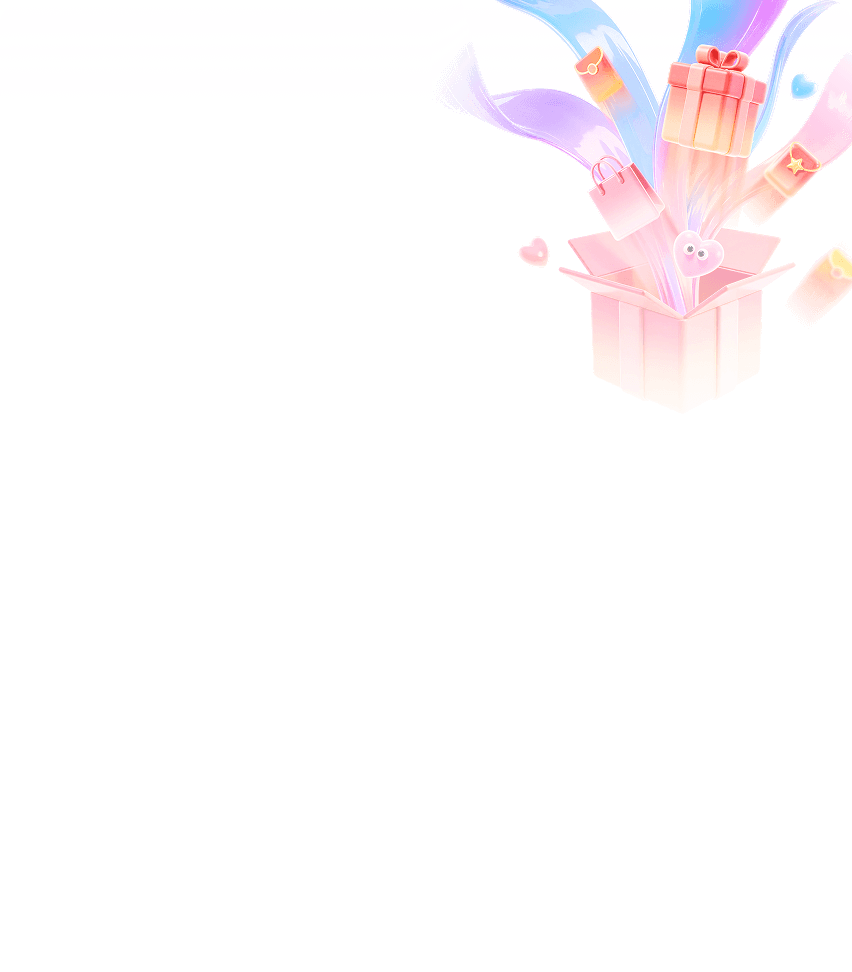释义
单词时态
名词复数形式:
cravats
相关例句

限时福利
安装任意翻译产品,在【个人中心-兑换码】输入兑换码进行兑换
极速翻译
多种格式文档翻译,保留原始排版,快速准确极速翻译官
专为桌面用户优化,提供强大的文档翻译和本地处理能力查看兑换教程 >
热门单词
抱歉,没有找到该单词的词典释义。请使用在线翻译获取翻译结果
翻译次数已用完,建议您使用翻译插件
检测到您安装了翻译插件
为了更便捷地使用翻译功能,建议您将插件固定到浏览器工具栏
微信扫码登录
网络加载失败
刷新试试扫码关注“浏览器大师”即可登录注册